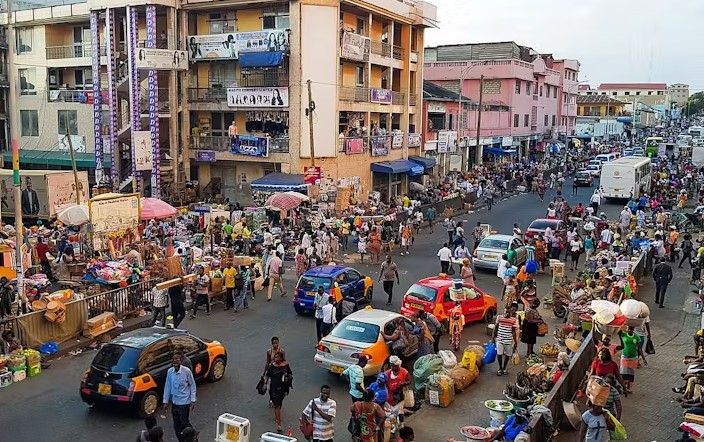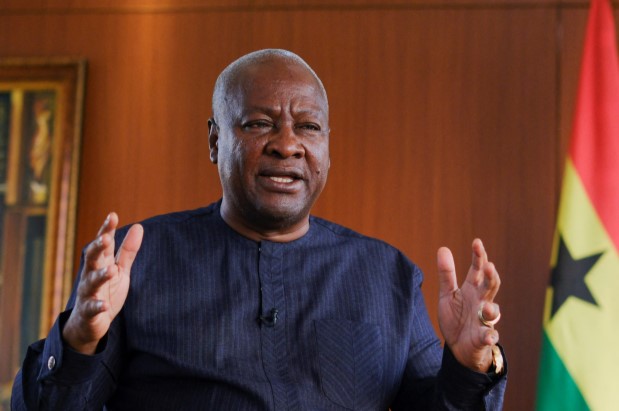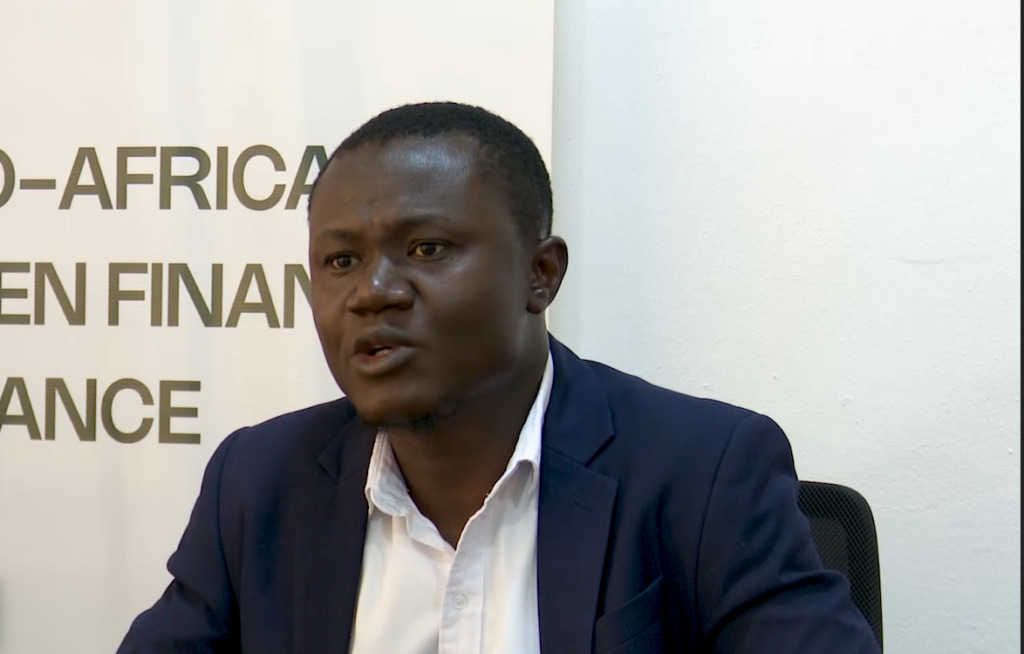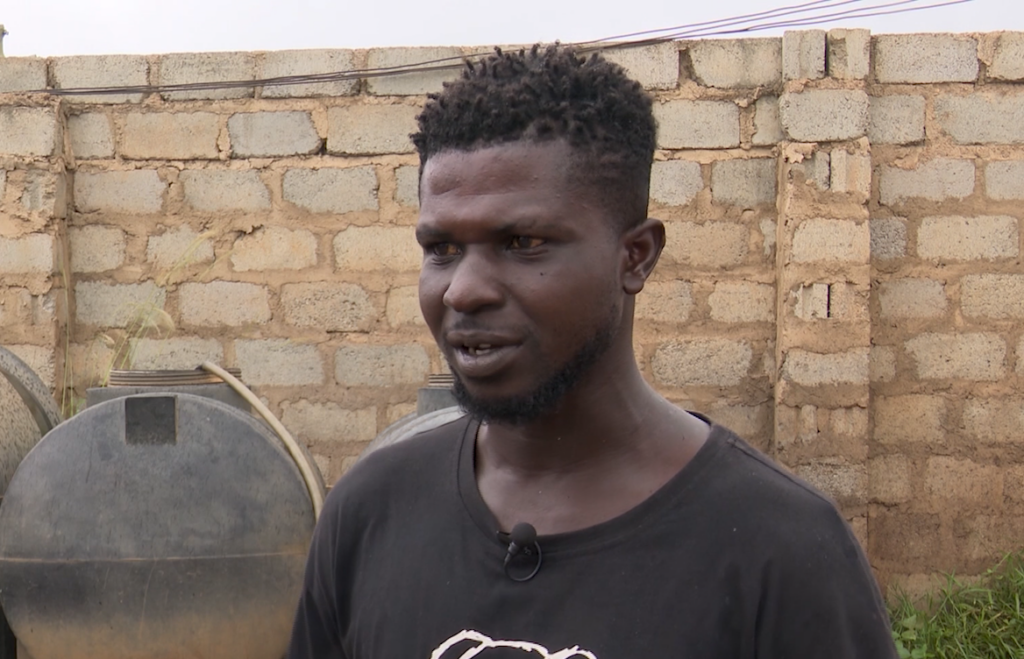
Ghana’s 24-hour economy strategy aims to create 2 million new jobs
In Ghana, where 15 percent of the youthful population—over 1.5 million young people—face unemployment, President John Mahama is launching an ambitious 4 billion U.S dollars 24-hour economy initiative to create nearly 2 million jobs within four years.
The plan aims to revive Ghana’s battered economy by supercharging industries, manufacturing, and exports, offering hope to urban youth struggling to find opportunities.
The Driver and Vehicle Licensing Authority (DVLA) in Accra is already paving the way, operating 24/7 with a three-shift system.
DVLA CEO Julius Neequaye Kotey says the authority has already hired 390 contract staff to clear license backlogs and provide round-the-clock services.
Other public and private sectors, from manufacturing to retail, are expected to follow, creating a vibrant, non-stop economy.

“The 24-hour agenda isn’t just about extending hours,” says Ghana’s President John Mahama. “It’s about unleashing productivity, creating opportunities, and accelerating exports through inclusive, multi-sector interventions.”
However, challenges loom large. Frequent power outages, inadequate infrastructure, and cultural resistance to night work could derail progress.
“Success requires fixing infrastructure, securing investment financing, and updating labor laws to protect workers in shift systems,” Economist Paul Frimpong of the Africa-China Center for Policy and Advocacy noted.

For young Ghanaians like Owusu Yeboah, the stakes are personal. Five years ago, Owusu left his village in Ghana’s Eastern Region for Accra, hoping to land a job in manufacturing.

Instead, he washes cars to make a living.
“I never imagined I’d end up cleaning cars,” he says. “I lacked the technical skills for better jobs.” Like many youth selling on Accra’s streets, Owusu needs vocational training to access opportunities in growing sectors.
Analysts stress that the 24-hour economy must include targeted support, such as technical skills programs and apprenticeships, to lift youth off the streets and into stable jobs.
They also call for private-sector involvement, with incentives like tax breaks to encourage businesses to adopt 24-hour operations.
If successful, this initiative could transform Ghana’s urban economy.
Owusu remains hopeful.
“If this 24-hour economy takes off, maybe I can finally get a better job and build a future.”
(Original story by Nabil Ahmed Rufai)






